International Travel in COVID Times: Stay Home or Good to Go?
A Manhattanite’s observations and tips from a recent trip to Ireland and England
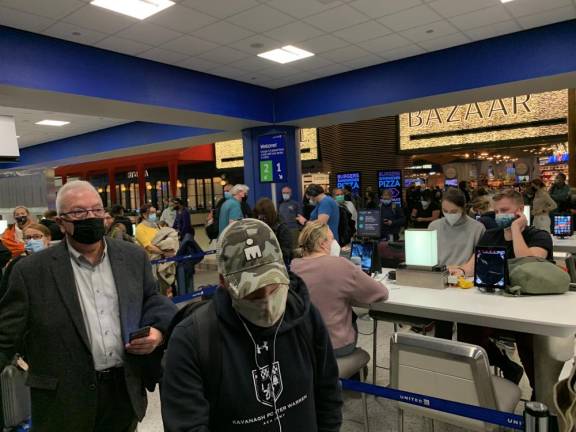
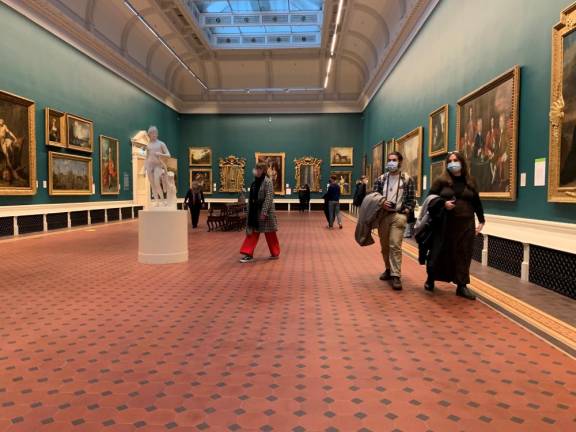
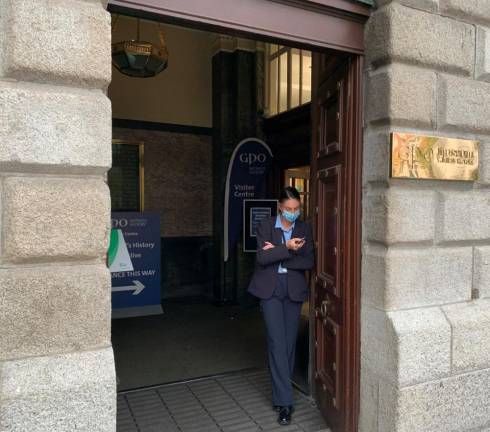
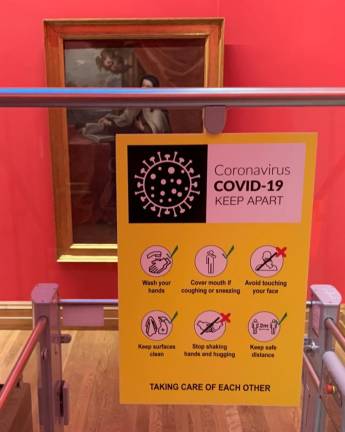

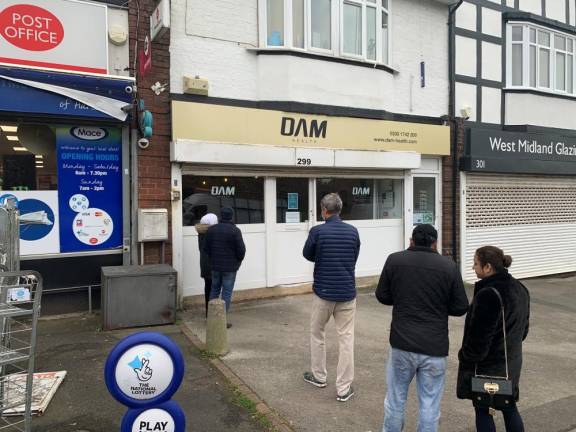
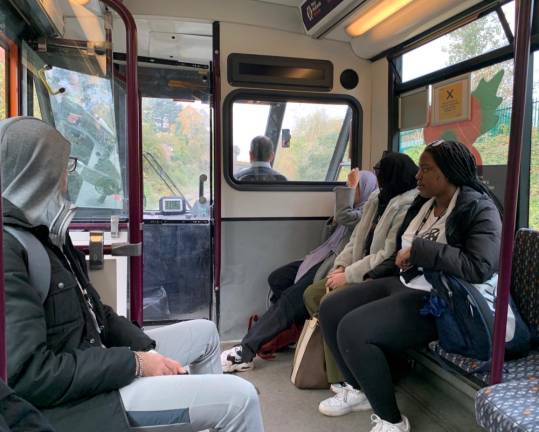
The last 20 months have wreaked physical, mental and emotional havoc on our entire population. We aren’t completely through the pandemic yet, but, as science better defines what we can and cannot do, travel has returned to some degree of normalcy, from crowded-again subways and buses to indoor dining, museums and concerts.
Entertaining the idea of a long trip? While most state restrictions have almost disappeared, savvy Manhattanites are looking beyond national boundaries to an overseas visit to see friends and family or just to experience the world again.
In pre-pandemic times, international travel was easier. You made sure that you had your passport, a visa, if needed, along with travel arrangements, and off you went after home boarding pass issuance. What about now?
A Seven-Layer Cake of Current Travel
Current travel may now be thought of as a seven-layer cake, as opposed to pre-2020 travel’s three-layer version. Every nation with differing travel health standards requires unique arrangements, and it is up to the traveler to comply. The news of the Omicron variant from southern Africa means that many individual government policies regarding COVID precautions are rapidly changing, so be sure to consult airline and government information pages for the latest rules.
To experience this brave new world, my wife and I traveled to both Ireland for a short vacation, and to visit our son in England in mid-November. What did that take at that time besides valid passports and plane tickets?
* Two different extensive health questionnaires, one for each foreign county.
* Two completely different COVID tests, both administered in England. The testing site used for both was understaffed, and even though tests were paid for in advance, record keeping was haphazard, with a call to the testing site’s headquarters office, which straightened matters out, with more time taken than expected. The United Kingdom required a COVID test two days after arrival, along with the three-day advance test for going to the United States.
* Three airline boarding passes, which had to be transacted at Newark, Dublin and London Heathrow — adding time to our check-in process.
* Three separate airline informational portals filled out, separate from issuing boarding passes; health questionnaires for the first two, and on the last one, a copy of the three-day advance COVID test conducted in the U.K.
The party responsible for the coordination of all this? You, and the airline(s) that you are to travel on. Let us politely say that issues you might have with any items are best handled at the airport. As most air carriers are working with reduced staff, offshore call centers are the norm these days. On the phone, any questions posed can take an hour for a simple yes or no, if routed to a location outside the United States.
Why travel now?
While the COVID statistics vary with each different country, when we went in mid-November, the positivity rate in both Dublin and Birmingham UK were similar to that of North Carolina at that time, about 13%; for reference, the same parameter was 52% for Idaho.
On all three flights we took from Newark to Dublin, Dublin to Birmingham, and London back to Newark, COVID precautions were very much in place, and initial non-mask wearers were supervised on board to ensure they were wearing them at all times other than meal services.
Ireland’s precaution policies: Similar to NYC’s
To cite an example, a brief interview with Aline FitzGerald, General Manager of the GPO Witness History Centre in Central Dublin, revealed the five-year old venue had been reopened in May of this year after being closed since September 2020. Currently, the Irish Republic History museum currently has a nationally mandated cap of 60% capacity for visitors; there is a guard at the door to make sure any entrant is following defined procedure.
Taxis, local transit, museums and hotels all evidenced mask-wearing in place, while entering and leaving eating and drinking spots, the use of masks was both mandatory and followed by guests.
England? Not so much
While Ireland had specific policies, England did not, save for some indoor venues.
Some restaurants were quite strict about serving staff wearing masks, others, not. A visit to a large indoor mall in downtown Birmingham, crowded with an early evening crowd, saw few wearing masks.
Since our travel, Prime Minister Boris Johnson announced last Saturday that to curb the spread of the Omicron variant, face masks will be required in stores and on public transportation, a rule that had ended there in July. Britain will also require all travelers from abroad to get a PCR test within 48 hours of their arrival and require contacts of those who test positive with a suspected case of Omicron to self-isolate for 10 days, even if they have been fully vaccinated.
Why bother to go abroad?
Unfortunately, at this time, there aren’t easy decisions. There is a lot more online bureaucracy involved in foreign travel, and with every nation different, that makes a multi-country visit laborious. COVID rates are now increasing everywhere.
However, the rewards of seeing a new place, or revisiting an old one, can brighten the spirits. Tourism levels are still relatively low, which enables you to see more and do more. At the four airports we touched, lines were minimal; the security line at Heathrow, which can take an hour, was about 10 minutes.
Please note that any travel and medical information for each different country can change within the day. ALWAYS check entry and exit information before you travel, as frequently as you feel possible.
U.S. citizens who are fully vaccinated will need to present airlines with proof of vaccination and of a negative COVID-19 test three days before their flight.
Per United States Federal Policy, all non-immigrant, non-citizen air travelers to the United States are required to be fully vaccinated and provide proof of vaccination status prior to boarding an airplane to the United States.
As cosmopolitan New Yorkers, weigh all the factors mentioned, do your research, and travel over an ocean when you see fit.